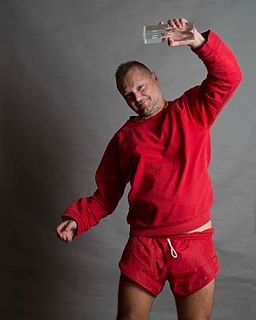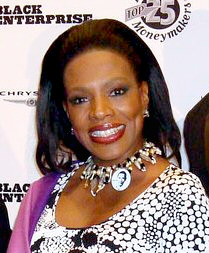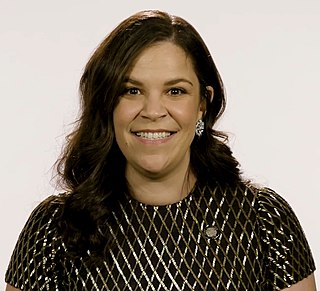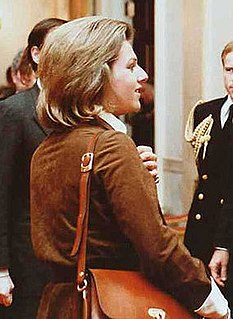A Quote by Jamaica Kincaid
I've written a book about my mother, and I don't remember anyone going to Antigua or calling up my mother and verifying her life. There is something about this book that drives people mad with the autobiographical question.
Related Quotes
I heard somewhere that whenever you write a book, people will ask you One Question about it over and over. And while I'm no expert in these matters, this is proving to be true. My first book dealt with a not-that-pleasant degenerate type, and the One Question was, 'Is this an autobiographical story?'
The relationship I have with my mother now, and photographing her in front of the grave, it opens up discussions, and dealings with the conversations with my mother about, when I was little, how we lived and about suicide and talking about it, so it's something positive, it brought us more together, because people might never discuss that. Some families never go near certain subjects because it's too hurtful or too close or too dangerous. But within doing these photographs, I also wanted to open up a conversation with her about certain things about life.
Her mother was a Christian Scientist who didn't believe in calling doctors. So when my mother caught whooping cough as a baby, stopped breathing and turned blue, her mother revived her by spanking her on the bottom. She saw life itself as a gift and saw her own survival as precious and a matter of chance.
The idea of the book ["The Japanese Lover"] came in a conversation that I had with a friend walking in the streets of New York. We were talking about our mothers, and I was telling her how old my mother was, and she was telling me about her mother. Her mother was Jewish, and she said that she was in a retirement home and that she had had a friend for 40 years that was a Japanese gardener. This person had been very important in my friend's upbringing.
When you think in terms of public service, I heard so much about what Mother Theresa had done in her life. And I was fortunate enough to get a chance to meet her and talk to her a lot about what motivates her and what drives her. And that, to me, is a person that really is an extraordinary role model.
My mother is a huge fan of my work. I told her about 'Coraline' long before the film was made, and she got the book and read it. She reminded me that when I was about five years old, I used to sit in the kitchen for hours and talk about my 'other' family in Africa, my other mother and father. I had totally forgotten that.
Everyone always asks, was he mad at you for writing the book? and I have to say, Yes, yes, he was. He still is. It is one of the most fascinating things to me about the whole episode: he cheated on me, and then got to behave as if he was the one who had been wronged because I wrote about it! I mean, it's not as if I wasn't a writer. It's not as if I hadn't often written about myself. I'd even written about him. What did he think was going to happen? That I would take a vow of silence for the first time in my life? "
Writing is a futile attempt to preserve what disappears moment by moment. All that remains of my mother is what I remember and what I have written for and about her. Eventually that is all that will remain of [my husband] and me. Writing sometimes feels frivolous and sometimes sacred, but memory is one of my strongest muses. I serve her with my words. So long as people read, those we love survive however evanescently. As do we writers, saying with our life's work, Remember. Remember us. Remember me.
My mother lived her life through movies and books - she read everything there was to read. And she read to me every night. I never went to sleep without her reading to me. And she fantasized about the book and she would talk about it, the place, and you would think that after she read the book and after she told you stories about it, that she had actually been there. I learned about story from her, and I learned the value of a great story, and the value of great characters.
I mean, her father was an alcoholic, and her mother was the suffering wife of a man who she could never predict what he would do, where he would be, who he would be. And it's sort of interesting because Eleanor Roosevelt never writes about her mother's agony. She only writes about her father's agony. But her whole life is dedicated to making it better for people in the kind of need and pain and anguish that her mother was in.







































